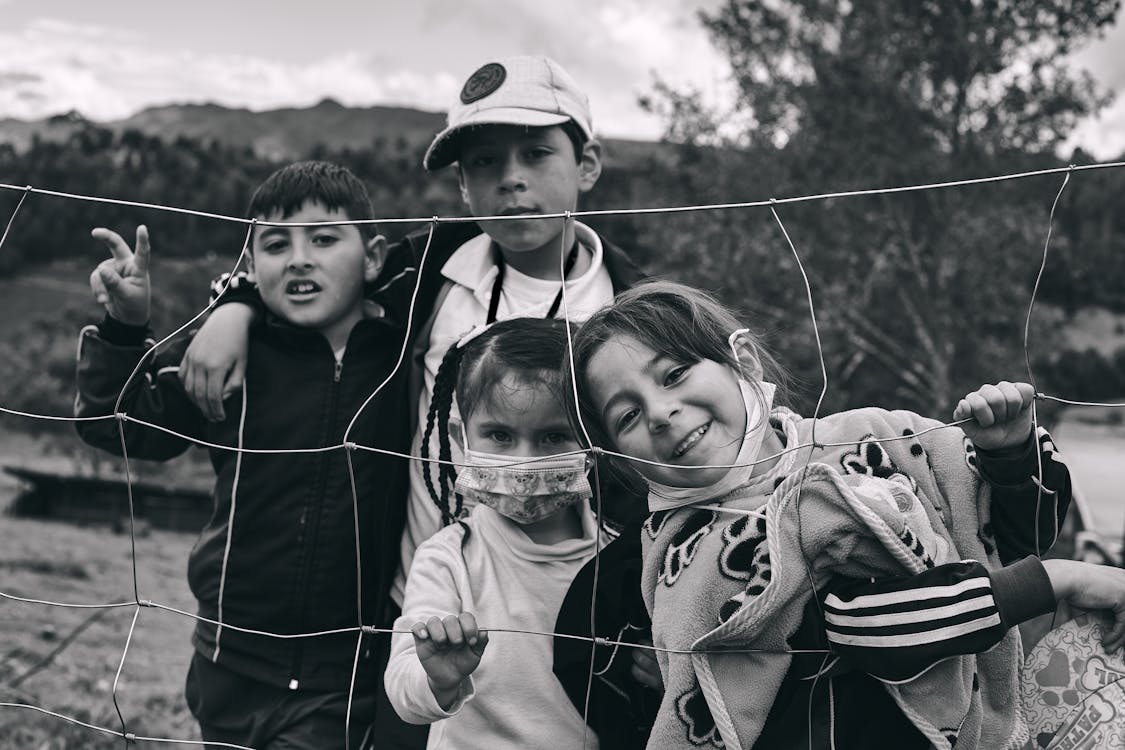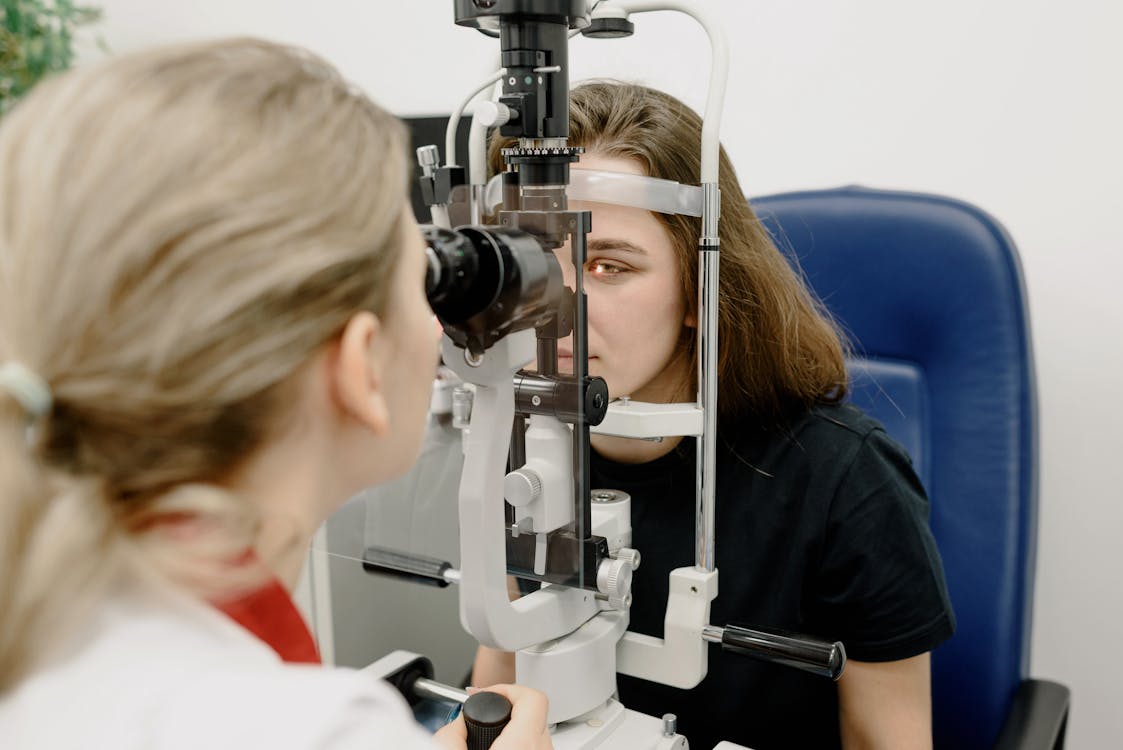In the quaint suburb of Willow Creek, the Johnson family was known for their big smiles and the warm gatherings at their sprawling family home. But beneath the surface of cheerful holiday photos and weekend barbecues, tensions simmered among the siblings—Anne, John, and Lucy—each struggling with feelings of neglect and misunderstanding.

Anne, the eldest, felt burdened by expectations to set an example, her achievements often overshadowing her siblings without intent. Middle child John wrestled with the label of the ‘forgotten one’, finding solace in his art, a passion that often went unnoticed amidst family accolades. Lucy, the youngest, grappled with the role of the ‘baby’ of the family, her attempts to voice her opinions frequently dismissed.

The undercurrent of rivalry and resentment reached its peak one Thanksgiving when an argument broke out over a trivial matter, laying bare the years of unspoken grievances. The dinner ended with slammed doors and tears, and the once close-knit siblings retreated into their separate lives, letting silence fill the gaps between them.

Months passed with minimal contact. However, the health scare of their beloved grandfather, Papa Joe, who had always been the family’s anchor, drew them back home. Sitting by his hospital bedside, watching the man who taught them the value of family struggle for every breath, the siblings felt their grievances shrink in significance.

It was Papa Joe’s gentle prodding during his recovery that encouraged them to open up about their feelings. In the quiet of the hospital room, Anne spoke of the pressures of perfection, John shared his dreams brushed aside, and Lucy expressed her longing to be heard.

The breakthrough came unexpectedly one evening when John brought his sketchbook to the hospital, revealing a series of portraits he had drawn of the family, capturing moments of unguarded love and kinship. The siblings saw themselves through each other’s eyes—the pride, the pain, the undying affection.

Realizing that their disputes were merely symptoms of their deep care for each other, the Johnsons vowed to rebuild their relationships. They started regular family meetings where each could share freely without judgment, slowly bridging the gaps with understanding and support.

Years later, the Johnson family home became synonymous not just with joyous reunions but with open dialogues and mutual respect. The siblings learned to celebrate their differences and support each other’s unique paths in life, embodying Papa Joe’s ethos that ‘bridges, not walls, keep a family strong’.
Anne, John, and Lucy, once ensnared by their past conflicts, now stood as a testament to the transformative power of empathy and love—a family not just by blood but by choice.
